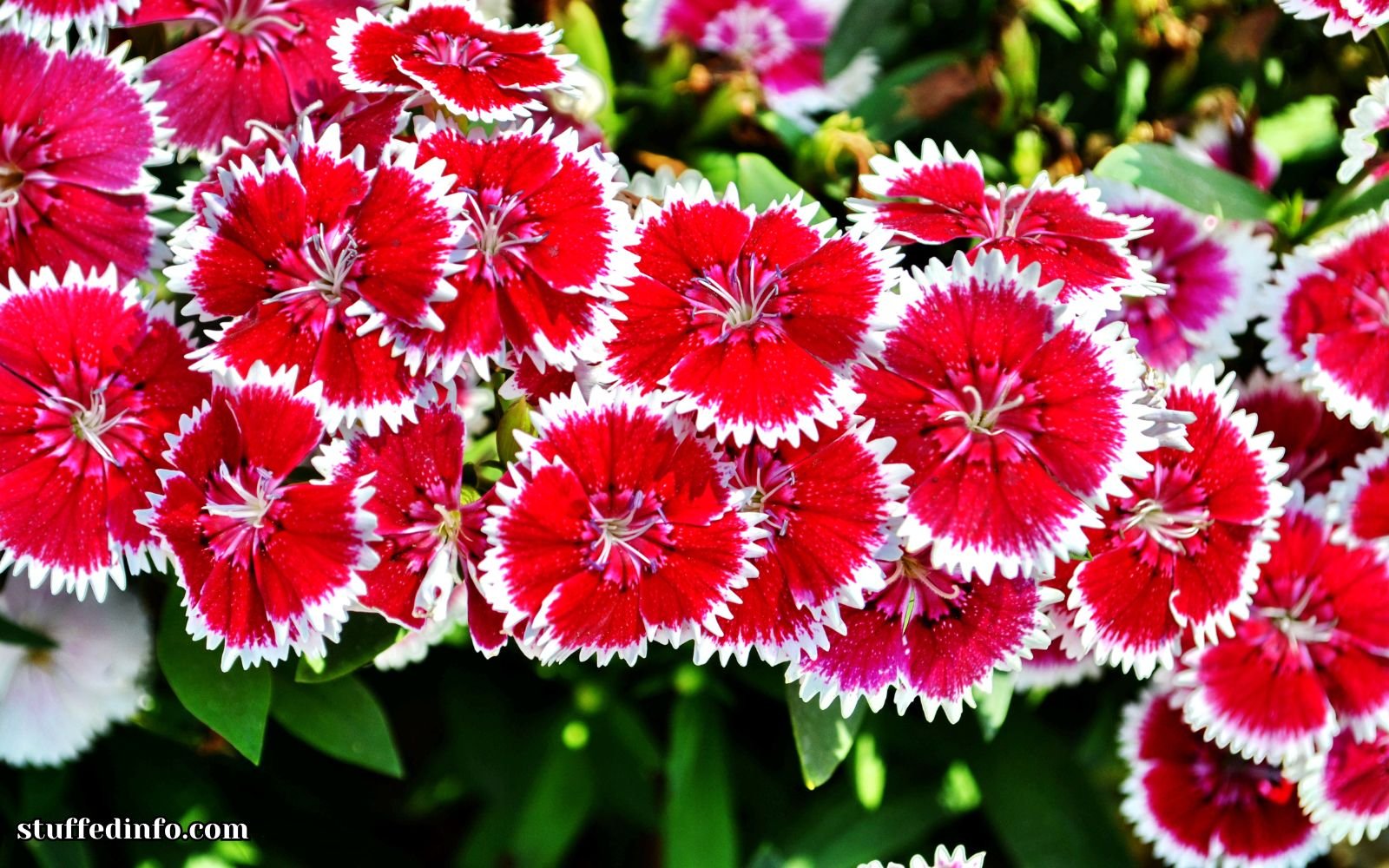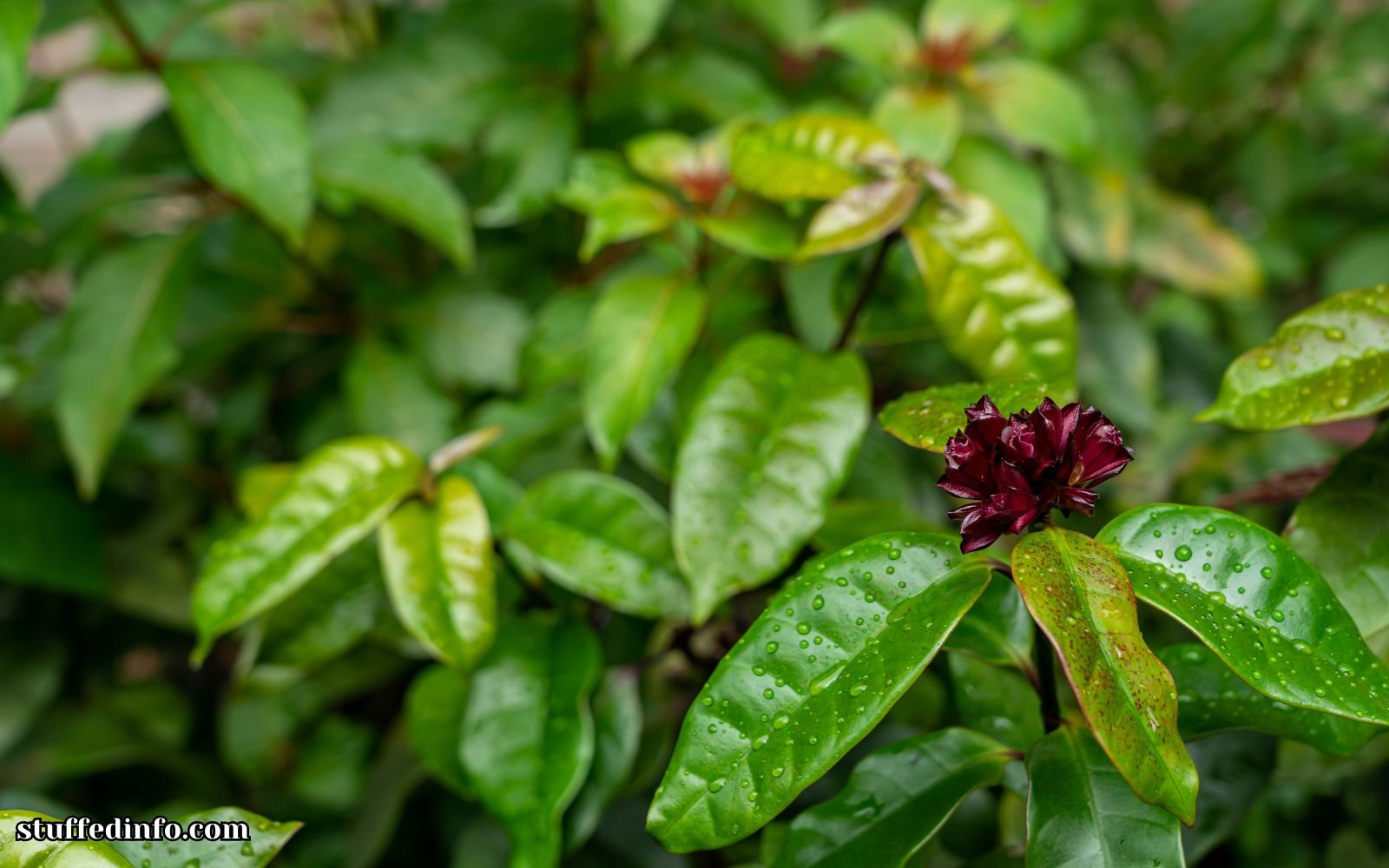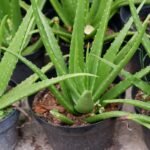Have you ever strolled past a plant and caught a whiff of cinnamon? It’s such a nice surprise and totally makes you think, Why do all the plants smell like cinnamon? This cool scent isn’t just some random thing; it’s tied to the plant’s chemistry and how it defends itself. Let’s dive into why all plants smell like cinnamon (even if all of a sudden) and check out the fascinating science behind it!
Table of Contents
ToggleWhy Do All The Plants Smell Like Cinnamon?
Now plants smell like cinnamon can be a result of the following three factors:
1. Presence Of Key Chemical Compounds
Talking about cinnamon-scented plants, there are some compounds that create a spicy, warm smell that’s pretty similar to cinnamon.
- Cinnamaldehyde: This is the main compound that gives cinnamon its smell. Plants make cinnamonaldehyde as a natural way to fend off herbivores and pests. So, if you catch a whiff of cinnamon in certain plants, it’s probably because of cinnamaldehyde or similar compounds doing their job as natural defenders.
- Eugenol: Another compound that adds a spicy, sweet smell is eugenol, which you usually find in cloves and other aromatic plants. Eugenol brings a warm and slightly spicy vibe, making it a nice match for cinnamon’s aroma.
2. Environmental Reasons
The plant’s cinnamon aroma can be affected by a few environmental factors:
- Stress Response: Things like heat, lack of water, and soil health can ramp up a plant’s scent.
- Seasonal Changes: The aroma can get stronger during specific growth times, such as when it blooms or goes dormant.
3. Genetic Factors
Some plants have a natural cinnamon scent, and this is all due to their genetics:
- Species-Specific Traits: Certain plants are built to create cinnamon-scented compounds because of how they’ve evolved.
- Hybridization Effects: When different plants mate or are selectively grown, it can lead to plants that smell like cinnamon.
Which Plants Commonly Have a Cinnamon-like Fragrance?
There are a few plants that smell like cinnamon. Let’s dive into some cinnamon-scented plant:
- Cinnamon Basil (Ocimum basilicum ‘Cinnamon’): This type of basil has green leaves that give off a spicy cinnamon smell when you crush them.

- Cinnamon Yam (Dioscorea polystachya): This vine has flowers that smell mildly like cinnamon.

- Dianthus: Also known as pinks, these flowers carry a light cinnamon scent.

- Carolina Allspice (Calycanthus floridus): This plant is famous for its leaves and flowers that smell like cinnamon.

- Shooting Star (Dodecatheon meadia): It produces small flowers that have a hint of cinnamon scent.
- Dame’s Rocket (Hesperis matronalis): The flowers of this plant give off a delightful cinnamon fragrance.
- Cinnamon-Scented Wax Plant (Hoya lacunosa): This trailing plant has blooms that smell like cinnamon.
- Cinnamon-Scented Geranium (Pelargonium crispum): This one features crinkled leaves that carry a light cinnamon scent.
These fragrant plants can add warmth and spice to gardens and indoor spaces alike!
What Are The Benefits of Cinnamon Aroma To Plants?
Plant scents, like cinnamon, do beyond smell good—they actually help plants grow in different ways.
1. Impact on Pollinators
- Attraction: Bees and other pollinators can’t resist warm, spicy smells. A hint of cinnamon in the air can draw them to flowers, which helps with pollination.
- Guidance: The scent also works like a GPS, guiding pollinators straight to where the nectar is waiting.
2. Effects on Predators
- Repellent: Plants that give off a cinnamon scent can keep herbivores away from plant’s.
- Natural Pest Control: The smell acts like a natural barrier, keeping annoying bugs away and helping the plant stay healthy.
Can a Cinnamon Scent in Plants Indicate Health Problems?
A cinnamon scent can sometimes indicate how healthy a plant is or point out problems. Check out these possible reasons for a sudden cinnamon aroma:
- Overpopulation: Some plants, when squashed or overcrowded may give off a stronger cinnamon like smell.
- Pest Infestation: Pest infestation can also increase the release of cinamon smell.
- Nutrient Deficiency: Similar to any other living entity llack some sort of nourishment can disturb their scent.
- Increased Level of Humidity And High Temperature: Higher humidity and warmer temperatures can boost a plant’s fragrance..
- Fungal Growth: Plant can smell cinnamon if it has a fungal infection
Is It Safe for Indoor Air Quality If Plants Smell Like Cinnamon?
For most people, won’t have any issues with a cinnamon-scented plant, but there are a couple of things to think about:
- Allergies and Sensitivities: While many people enjoy the smell of cinnamon, others might struggle with allergies or strong scents. If you’ve got someone at home who’s sensitive to heavy aromas, it’s wise to watch how they respond.
- Chemical Sensitivity: Some essential oils can be tricky for people who are sensitive, so it’s a good idea to ensure there’s plenty of airflow in places where you keep your cinnamon-scented plants.
Should I Worry If My Plants Suddenly Smell Like Cinnamon?
When your plants start giving off a cinnamon aroma out of nowhere, it might signal something good or bad. Consider these points to understand what’s happening
When to Stress Out?
- Signs that Something’s Wrong: An unexpected cinnamon smell from your plants could mean they’re under pressure due to cramped spaces lack of food, or shifts in their surroundings. If you notice other signs like drooping, yellowing leaves, or slow growth, it’s usually cause for concern..
- Bug Invasion: If you catch that cinnamon scent and see insects or leaf damage, your plants might be fighting back against an attack. They sometimes pump out more smell to defend themselves from pests.
- Fungus Among Us: A change in odor can also point to a fungal problem. If the cinnamon smell comes along with signs of mold or weird color changes, you might need to take a closer look.
When Not To Worry?
- Natural Changes: Some plants give off a cinnamon-like odor when seasons shift, during flowering, or when they grow . If you don’t see other concerning indicators, the scent might be a regular component of your plant’s aroma.
- Thriving Growth: A potent fragrance often indicates that your plant is flourishing and creating more aromatic substances as it expands
What to Do?
- Check Your Plants: Search for noticeable indications of stress, pests, or illnesses.
- Evaluate the Environment: Think about any recent alterations in watering, light, or temperature that could affect the plant’s well-being.
- Keep A Close Watch: Observe your plants for several days to determine if the scent persists or if any other symptoms emerge.
To sum up, an unexpected cinnamon smell from your plants can be worrisome. If you’re concerned, taking steps to examine them can help maintain their happiness and health.
Conclusion
To wrap up why do all the plants smell like cinnamon could have good or bad reasons. These nice scents do more than just smell pleasant—they play a key role in the plant’s world, helping to draw in pollinators and ward off pests. But if suddenly the plant gives off a cinnamon scent, you might need to worry. So, think about the interesting science behind it and look into the true causes of the smell.
FAQ
1. Can you grow plants just for their cinnamon smell?
Absolutely! You can go for aromatic herbs like cinnamon basil or other fragrant plants. Plus, taking care of the plants will naturally boost their aroma, letting you soak in that lovely cinnamon scent.
2. Is the cinnamon smell safe for humans or pets?
Usually, the smell itself ain’t harmful. A lot of people actually find it really nice. But if you’ve got allergies or sensitivities, it’s smart to make sure the specific plant isn’t messing with you.
3. How can I boost the cinnamon scent from my plants?
To amp up the aroma, keep your plants healthy with the right watering, fertilizing, and sunlight. Trimming them can also help kick up the production of those lovely aromatic oils.







